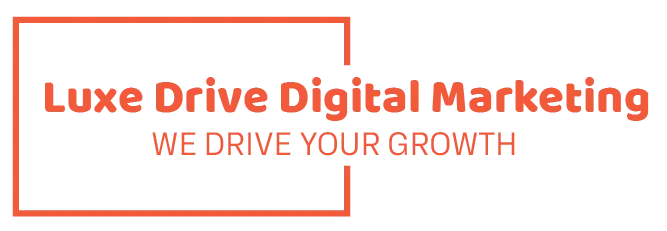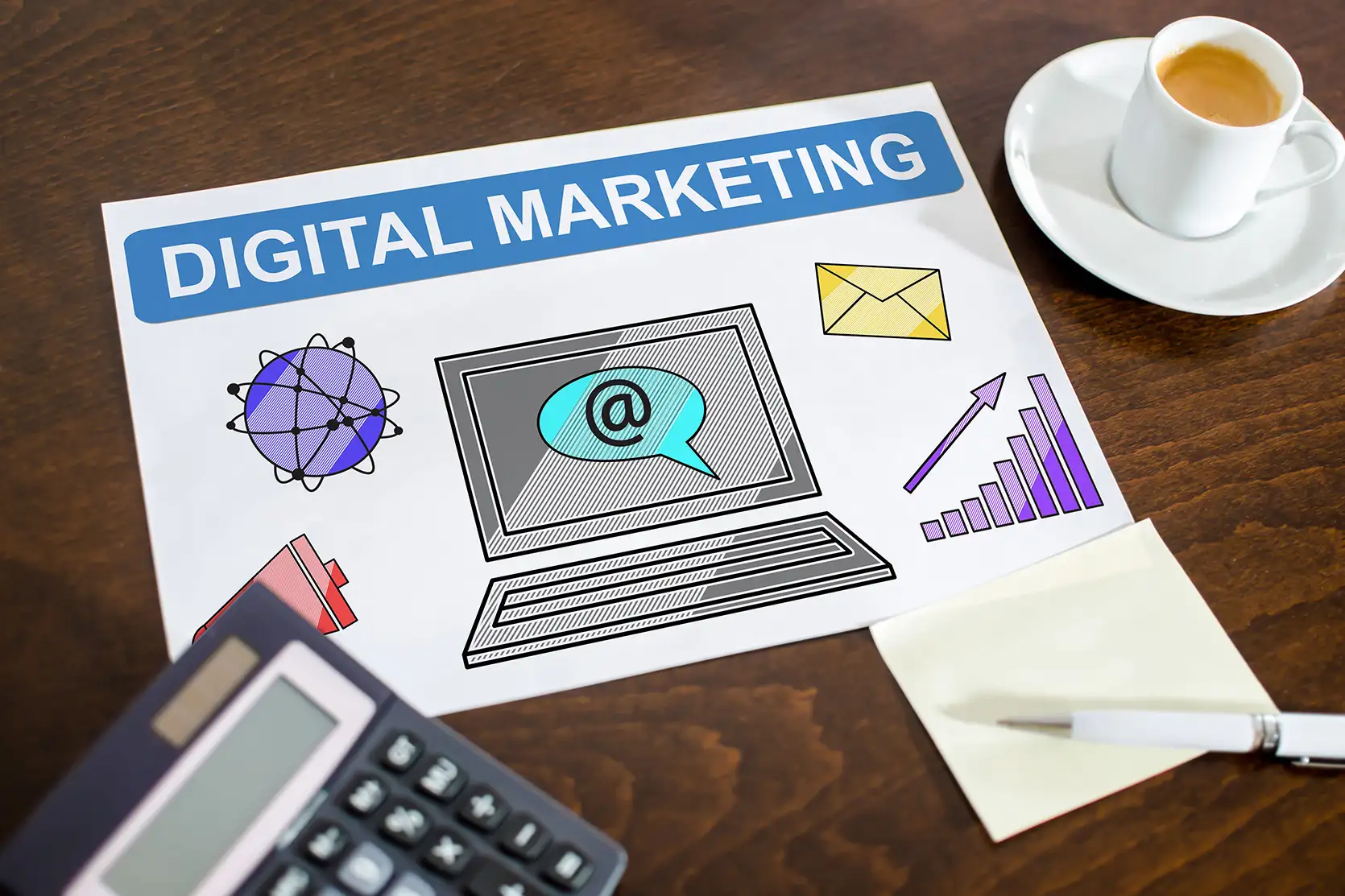As we approach 2025, the landscape of digital marketing is rapidly evolving, presenting both exciting opportunities and formidable challenges for marketers worldwide. This article delves into the top marketing challenges in 2025 and provides actionable strategies to overcome them. As a marketer, understanding these challenges is crucial to stay ahead of the curve and optimize your marketing efforts for maximum ROI. Whether you’re grappling with AI integration, data privacy, or evolving consumer expectations, this guide offers insights to help you navigate the future of digital marketing successfully.
Outline
- What Are the Key Marketing Challenges in 2025?
- How AI and Automation are Transforming Marketing Strategies
- Maximizing ROI: What Marketers Need to Know
- The Impact of Data Privacy Regulations on Marketing
- SEO in 2025: What Changes Can Marketers Expect?
- Personalization and Customer Experience: How to Tailor Your Campaigns
- Voice Search Optimization: A New Frontier for Marketers
- Content Creation Strategies for the Digital Marketing Landscape
- Building Trust Through Transparency and Data Privacy
- Actionable Insights: How to Stay Ahead in 2025
What Are the Key Marketing Challenges in 2025?
As we move closer to 2025, marketers face a myriad of new challenges that require innovative solutions. The digital marketing landscape is becoming increasingly complex, with AI-driven technologies and evolving consumer expectations reshaping the way campaigns are conducted. Marketers must identify which marketing strategies are most effective in this dynamic environment to optimize their efforts and maximize ROI.
The cost of running ads is also expected to rise, making it imperative for marketers to optimize their budgets and focus on high-impact activities. Moreover, data privacy regulations like GDPR and CCPA are becoming more stringent, requiring marketers to be more transparent in their data handling practices to build trust with their target audience.
How AI and Automation are Transforming Marketing Strategies
AI and automation are set to become key components of marketing strategies in 2025. These technologies offer marketers the ability to personalize marketing messages and tailor campaigns to specific customer segments, enhancing the overall customer experience. AI-driven analytics tools provide actionable insights that help marketers optimize their campaigns and improve conversion rates.
By integrating AI tools into their marketing efforts, marketers can automate routine tasks, freeing up time to focus on strategic initiatives. However, the challenge lies in effectively utilizing these technologies to gain a competitive edge. Marketers must stay on top of the latest AI developments and learn how to leverage them to enhance their marketing activities.
Maximizing ROI: What Marketers Need to Know
Maximizing ROI is a top priority for marketers in 2025. With marketing budgets under scrutiny, it is essential to optimize marketing efforts to achieve the best possible return on investment. Predictive analytics and AI-driven insights can help marketers identify high-performing campaigns and allocate resources more efficiently.
To improve ROI, marketers should focus on creating personalized experiences that resonate with their target audience. By leveraging data-driven insights, marketers can tailor their marketing messages to address the specific pain points of their customers, ultimately driving higher conversion rates and increasing customer loyalty.
The Impact of Data Privacy Regulations on Marketing
Data privacy regulations, such as GDPR and CCPA, are having a significant impact on marketing strategies in 2025. As consumers become more aware of their data rights, marketers must prioritize transparency and ethical data handling practices to build trust with their audience. Failure to comply with these regulations can result in hefty fines and damage to a brand’s reputation.
Marketers must stay informed about the latest privacy laws and implement robust data protection measures to safeguard customer data. By being transparent about data usage and offering customers control over their information, marketers can build trust and foster long-term relationships with their audience.
SEO in 2025: What Changes Can Marketers Expect?
SEO continues to be a critical component of digital marketing in 2025. However, the landscape is evolving, with search engines placing greater emphasis on user experience and content relevance. Marketers must adapt their SEO strategies to stay ahead of the curve and maintain visibility in search engine results.
Voice search is emerging as a new frontier in SEO, with more consumers using voice-activated devices to conduct searches. Marketers must optimize their content for voice search by focusing on natural language and long-tail keywords. Additionally, AI-driven analytics tools can provide insights into search trends and help marketers refine their SEO strategies for better results.
Personalization and Customer Experience: How to Tailor Your Campaigns
Personalization is a key driver of customer experience in 2025. Marketers must leverage data and AI-driven insights to tailor their campaigns to the unique preferences and behaviors of their target audience. By delivering personalized experiences, marketers can enhance customer satisfaction and foster brand loyalty.
To effectively personalize marketing efforts, marketers must collect and analyze customer data to gain a deep understanding of their audience. This data can be used to create targeted marketing messages that resonate with customers and address their specific needs. By prioritizing personalization, marketers can differentiate their brand and build lasting relationships with their customers.
Voice Search Optimization: A New Frontier for Marketers
Voice search is rapidly gaining traction, presenting a new challenge for marketers in 2025. As more consumers use voice-activated devices, marketers must optimize their content to ensure it is easily discoverable through voice search. This requires a shift in SEO strategies, with a focus on conversational language and question-based queries.
Marketers should also consider the role of AI in voice search optimization. AI-driven tools can analyze voice search data and provide insights into consumer behavior, helping marketers refine their strategies for better results. By staying ahead of the curve and embracing voice search, marketers can reach a wider audience and drive more traffic to their websites.
Content Creation Strategies for the Digital Marketing Landscape
Content creation remains a cornerstone of digital marketing in 2025. However, the digital marketing landscape is evolving, with consumers demanding more engaging and interactive content. Marketers must adapt their content creation strategies to meet these changing expectations and capture the attention of their audience.
AI-driven tools can assist marketers in creating high-quality content that resonates with their target audience. By analyzing consumer data and identifying trending topics, marketers can develop content that is both relevant and engaging. Additionally, marketers should explore new content formats, such as video and interactive media, to enhance the overall customer experience.
Building Trust Through Transparency and Data Privacy
Building trust is paramount in 2025, as consumers become increasingly concerned about data privacy. Marketers must prioritize transparency in their data handling practices and communicate openly with their audience about how their data is used. By being transparent and ethical, marketers can build trust and foster long-term relationships with their customers.
To enhance transparency, marketers should provide clear and concise information about data collection and usage practices. Additionally, marketers should offer customers control over their data, allowing them to opt-in or opt-out of data sharing. By prioritizing data privacy and transparency, marketers can build a loyal customer base and differentiate their brand in a competitive market.
Actionable Insights: How to Stay Ahead in 2025
Staying ahead in 2025 requires marketers to leverage actionable insights to inform their strategies and optimize their marketing efforts. AI-driven analytics tools can provide valuable insights into consumer behavior, helping marketers make data-driven decisions that enhance their campaigns and drive better results.
Marketers should continually monitor industry trends and consumer preferences to stay on top of the latest developments in the digital marketing landscape. By embracing innovation and adapting their strategies to meet changing consumer needs, marketers can come out on top and achieve long-term success.
Summary of Key Points
- Key Marketing Challenges: Understand and address the evolving challenges in 2025, including AI integration, data privacy, and rising ad costs.
- AI and Automation: Leverage AI-driven tools to personalize campaigns and optimize marketing activities.
- Maximizing ROI: Use predictive analytics and data-driven insights to improve ROI and conversion rates.
- Data Privacy: Prioritize transparency and compliance with regulations like GDPR and CCPA.
- SEO and Voice Search: Adapt SEO strategies to include voice search optimization and focus on user experience.
- Personalization: Tailor marketing efforts to create personalized customer experiences.
- Content Creation: Embrace new content formats and use AI tools to create engaging content.
- Building Trust: Enhance transparency and ethical data handling to build trust with customers.
- Actionable Insights: Use AI-driven insights to stay ahead of industry trends and optimize marketing strategies.
By understanding and addressing these key challenges, marketers can navigate the complexities of 2025 and achieve success in the ever-evolving world of digital marketing.

